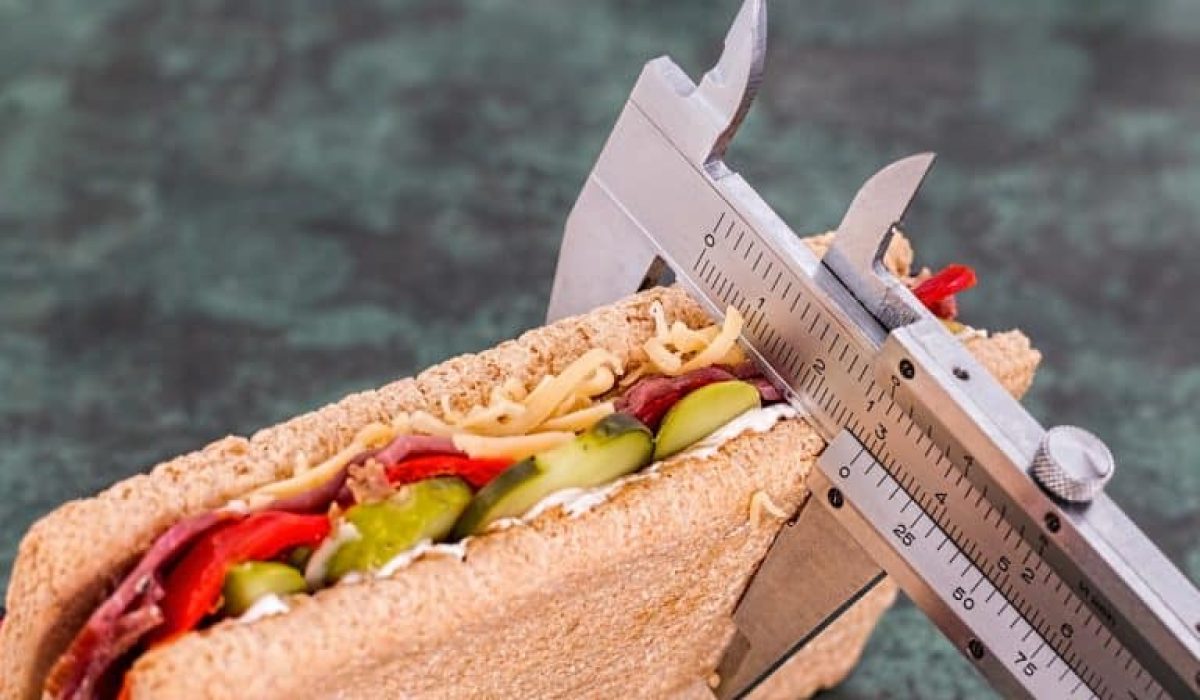Diet For Men Over 50 – Get Your Mojo Back!

Now that you’ve hit the half-a-century mark, your bad health habits are going to catch up to you much more quickly than they could 25 years ago.
If you have collected a lifetime of bad eating habits, it’s time to take stock and make better food choices so you can enjoy good health into your 50’s and beyond.
Nutritional Needs for Males Over 50
Active males in the 50-year-old bracket need to consume between 2,400 and 2,800 calories a day. This amount should provide enough energy to get you through the day, but not leave enough calories for the body to store as fat.
The human body goes through changes as the years roll by. For men, these changes mean shifts in dietary habits are essential to maintaining good health and reducing the risk of various age-related diseases such as heart conditions and osteoporosis.
For a balanced diet, make sure you are consuming foods with adequate amounts of the following minerals, vitamins, and nutrients:
Fibre
Constipation is a painful condition that becomes more common as we age, and the main protagonist for constipation is insufficient fibre intake. The recommended dietary fibre intake for men over 50 is 30g. Eat lots of leafy greens, wholegrain foods, and fruits.
Nuts and seeds are also a great source of fibre but should be eaten in moderation as they are high in calories. Adequate amounts of fibre will help maintain cholesterol levels, improve bowel health, and regulate blood sugar levels.
Protein
We lose muscle mass as we age so adequate protein intake, along with strength training exercises, will help the 50-year-old plus male maintain their physique. Include sufficient amounts of dairy, chicken, pork, and beef in your daily intake.
A male over 50 should be consuming around 56 grams of protein daily.
Calcium
Calcium is an essential nutrient for bone density. Without adequate amounts of calcium in the diet, the body will draw the shortfall from the bones. If the situation continues, lack of calcium will eventually deteriorate into osteoporosis.
Cheese, yoghurt, and milk are all high in calcium, but so are seeds such as poppy, chia, and sesame. A can of sardines can supply up to 35% of the RDI, as well give you a boost in Omega 3s and selenium.
Add some beans and lentils to your diet to give your calcium intake a boost, while also supplying your body with zinc, iron, folate, and magnesium.
Other Foods to Consider
Mushrooms are great for adding bulk to a meal, but at only 20 calories a cup they are an excellent source of potassium which can help to control blood pressure.
Tart cherries can reduce inflammation after training, and the anthocyanins may be the source of their ability to reduce pain brought on by osteoarthritis.
Eggs are an excellent source of protein as well as just about every nutrient under the sun. They also contain lutein, which could help reduce the risk of macular degeneration.
A cup of kefir a day may be the way to a healthy gut. Kefir is often compared to yoghurt because it’s created from milk, prebiotics, and probiotics (the good bacteria a healthy gut needs).






